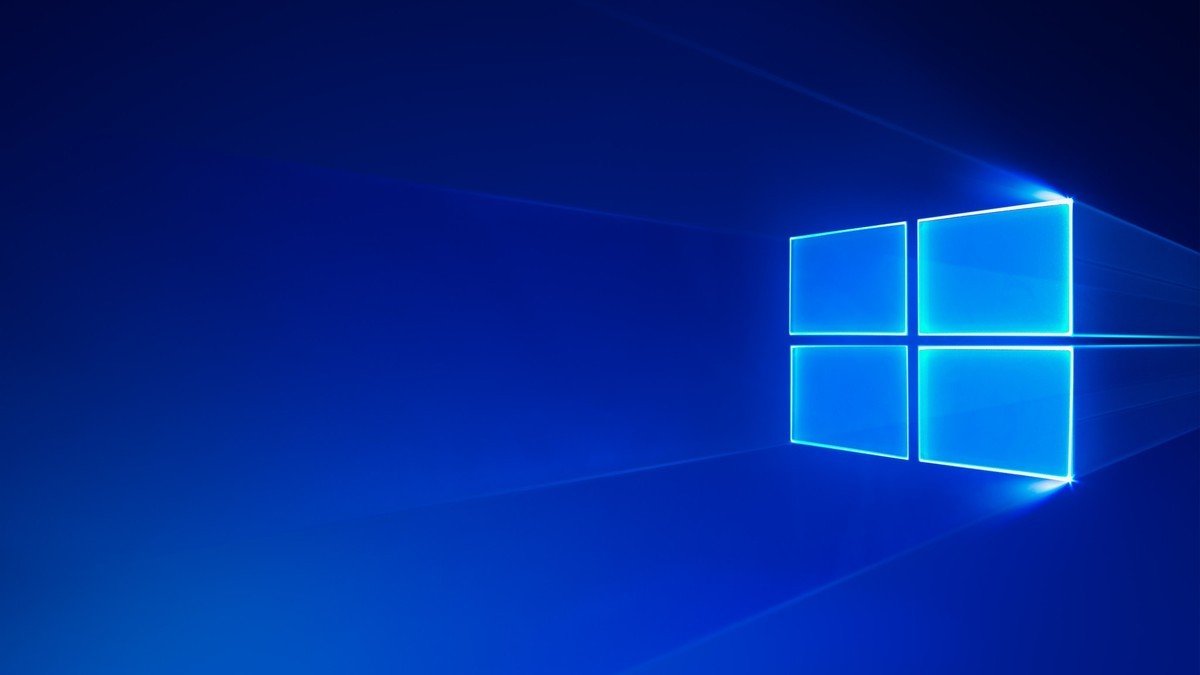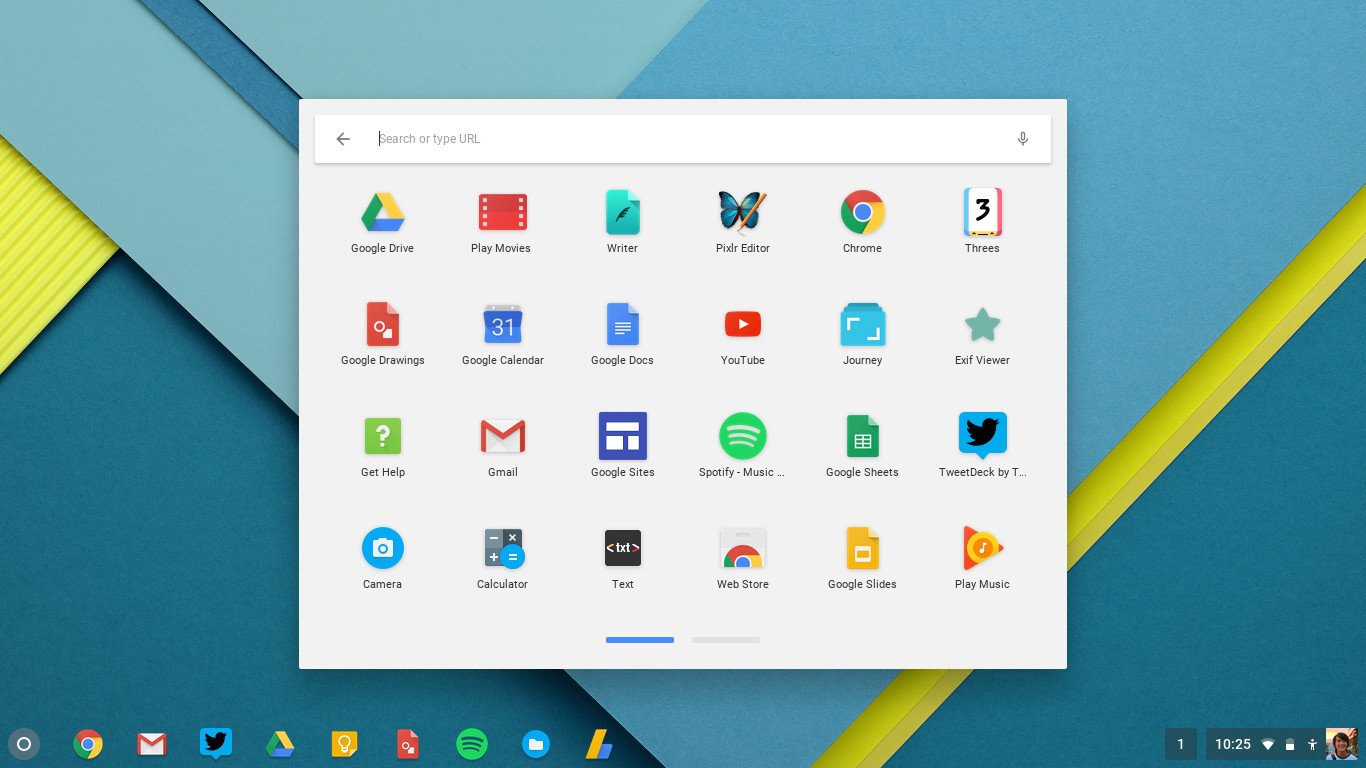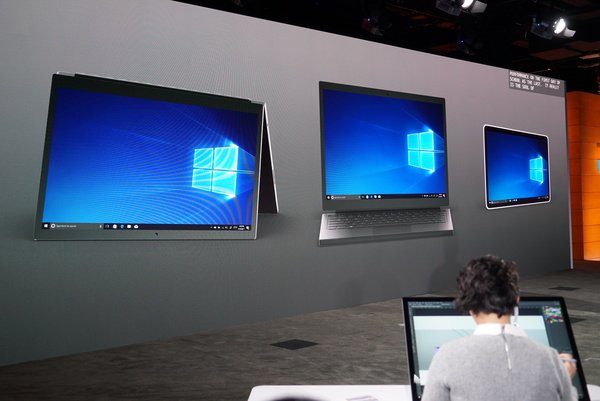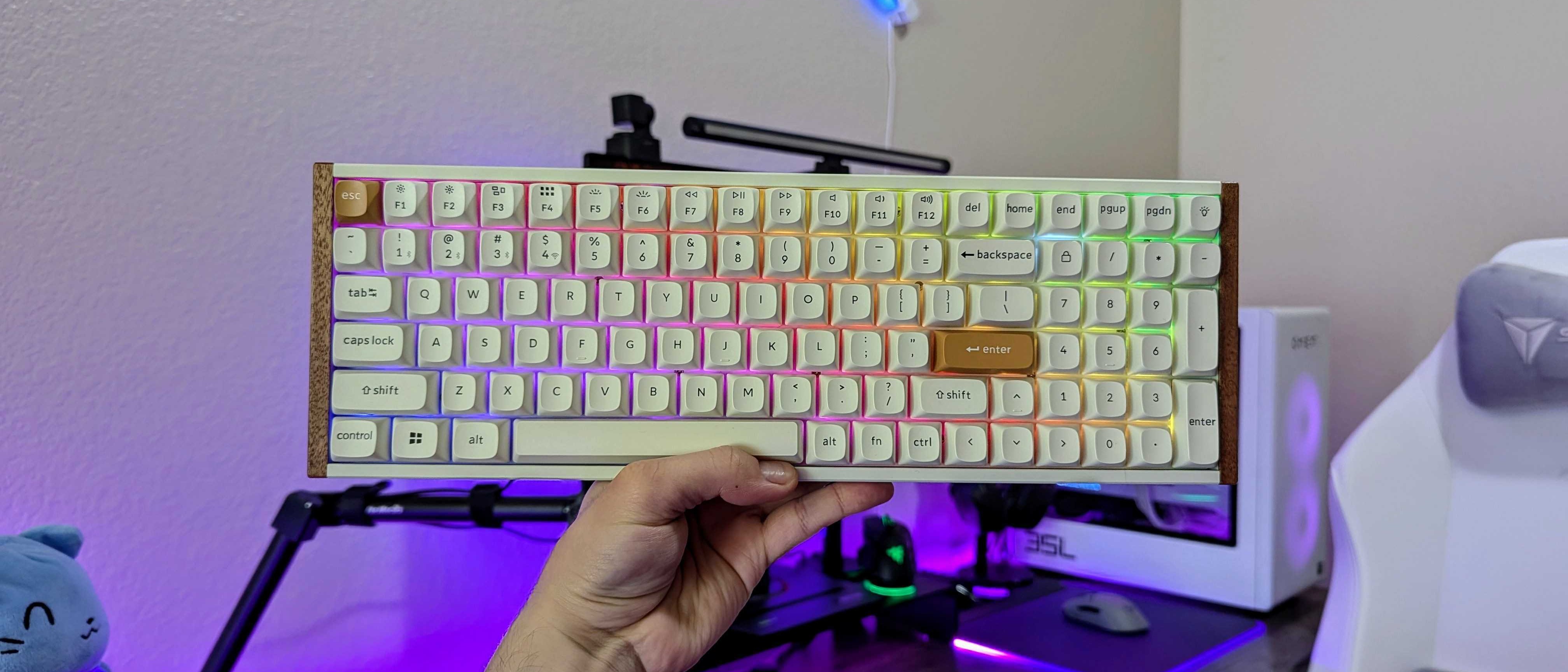What is Microsoft's 'Windows Lite' OS, and who will it be for?
A new lightweight version of Windows is in the works. But who is supposed to use it?

Talk of a new, lightweight version of Windows has been making the rounds since late last year, after references to "Windows Lite" popped up inside one of the many Windows Insider Preview builds that are regularly released. It didn't take long for the first report to break out detailing Windows Lite. From there, we learned that Windows Lite is going to be Microsoft's Chrome OS competitor ... just like Windows 10 S was, except for real this time.
Will Windows Lite be right for you?

Image credit: 9to5google
So this begs the question, who exactly will this "Windows Lite" be for? Microsoft's previous efforts in trying making a version of Windows 10 for the Chrome OS market has come up short. The difference with Windows Lite is that it severs all ties with what we come to expect from a "Windows" product, so much so that rumors suggest Microsoft won't even call it "Windows" when it gets announced officially.
One of Microsoft's most significant problems with trying to branch out with Windows is that the "Windows" brand comes with so much baggage and expectations from customers. A customer looking to buy a Windows device is likely expecting to be able to run programs like Google Chrome and lots of other Win32 applications that aren't in the Microsoft Store. For Microsoft to have even the slimmest chance of making an OS that is locked down like Chrome OS or iOS, it needs to sever ties with the Windows brand.
Doing this opens the door to much more than averting app availability expectations, it also lets Microsoft experiment and venture into new territory when it comes to user experience. Windows users come to expect a familiar taskbar and start button combo, and straying too far from that experience causes problems for users. Case in point: Windows 8. Not calling the new version Windows should help Microsoft break away from this. I wouldn't be surprised if we see Microsoft push things like Windows Sets first on Windows Lite, for example.
Forget Windows 10 S, Microsoft needs a true 'lite' version of Windows
Back to our initial question, who is Windows Lite for? Simply put, it's for people who don't need full Windows devices. It's for the same people who are looking at the iPad with iOS and thinking Yeah, I can do what I need to do with something like that. Same for the people buying Chrome OS devices. Microsoft is going straight for that market, which I like to call the "light computing" market. Light computing is a device and OS experience that's designed to get out the way and cater to the very basic needs of most people using a laptop or tablet.
Get the Windows Central Newsletter
All the latest news, reviews, and guides for Windows and Xbox diehards.
Not everyone needs a platform with decades of legacy support. They need to write an essay in a word processing app, listen to music through their favorite music-streaming service, and chat with friends on any number of social networks. This is the use case for a large percentage of PC users. Windows 10 is overkill for this. Chrome OS is slowly gaining market share, as audiences come to realize that a lightweight platform is all they need. iPad has been doing this from the beginning.
What else might Windows Lite mean?

Of course, Windows Lite is also very likely going to be a massive player in Microsoft's education strategy, which has also seen Chrome OS thunder-in at full power. Microsoft cannot lose the education market to Chrome OS and iOS, but Windows 10 itself isn't enough to compete in this industry anymore. Many schools want a locked down platform that's straightforward and easy to maintain. While you can lock down Windows 10 today, I wouldn't exactly call it "easy to maintain."
The web is also a huge part of Windows Lite. I'm told it very much prioritizes web experiences with deep ties into the OS. I wouldn't be surprised to see Microsoft advertise Windows Lite PCs as devices that come with Office for free, and by Office, I mean Office web apps. Microsoft is already starting to pin the web versions of Office to the Start menu on the latest Windows 10 in 19H1 builds, so I believe it has plans to push them at full force on Windows Lite.
Windows Lite and Office Online will compete together in the education market.
Windows Lite is just as much about competing with Chrome OS as it is competing with Google Docs. Chrome OS and Google Docs are tied together nicely, and I fully expect to see the same with Windows Lite and Office Online. Microsoft doesn't want to lose out to Google Docs. Google Docs is easy because it's free, and available anywhere. Schools love it, and businesses love it, too. While Microsoft also has a version of this with Office, it isn't as widely known.
Windows Lite is for casual users, people in education, and the light computing crowd. If you're someone who checks email, writes essays, makes presentations, listens to music, watches Netflix, and browses Reddit, then Windows Lite, just like Chrome OS and the iPad, is for you. It's a version of Windows that's trying very hard to not be Windows, and I'm interested to see how far Microsoft takes this idea.

With a new generation now growing up with Chrome OS and iPads, it's essential for Microsoft to stay relevant. Whether you like it or not, there is a market for lightweight computing devices. Chrome OS and iOS on the iPad are perfect examples of this. Microsoft needs to have something to compete in this market, and that's where Windows Lite comes in.

